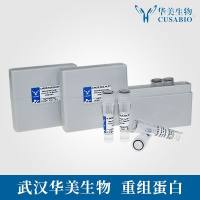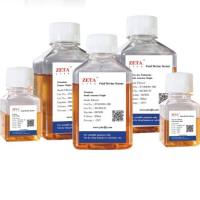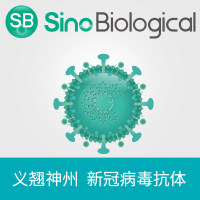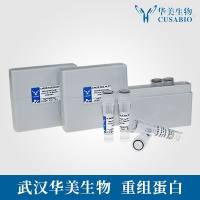PEGylation of Antibody Fragments for Half-Life Extension
互联网
2732
Antibody fragments (Fab’s) represent important structure for creating new therapeutics. Compared to full antibodies Fab’ fragments possess certain advantages, including higher mobility and tissue penetration, ability to bind antigen monovalently and lack of fragment crystallizable (Fc) region-mediated functions such as antibody-dependent cell mediated cytotoxicity (ADCC) or complement-dependent cytotoxicity (CDC). The main drawback for the use of Fab’s in clinical applications is associated with their short half-life in vivo, which is a consequence of no longer having the Fc region. To exert meaningful clinical effects, the half-life of Fab’s need to be extended, which has been achieved by postproduction chemical attachment of polyethylene glycol (PEG) chain to protein using PEGylation technology. The most suitable approach employs PEG-maleimide attachment to cysteines, either to the free hinge cysteine or to C-terminal cysteines involved in interchain disulfide linkage of the heavy and light chain. Hence, protocols for mono-PEGylation of Fab via free cysteine in the hinge region and di-PEGylation of Fab via interchain disulfide bridge are provided in this chapter.









